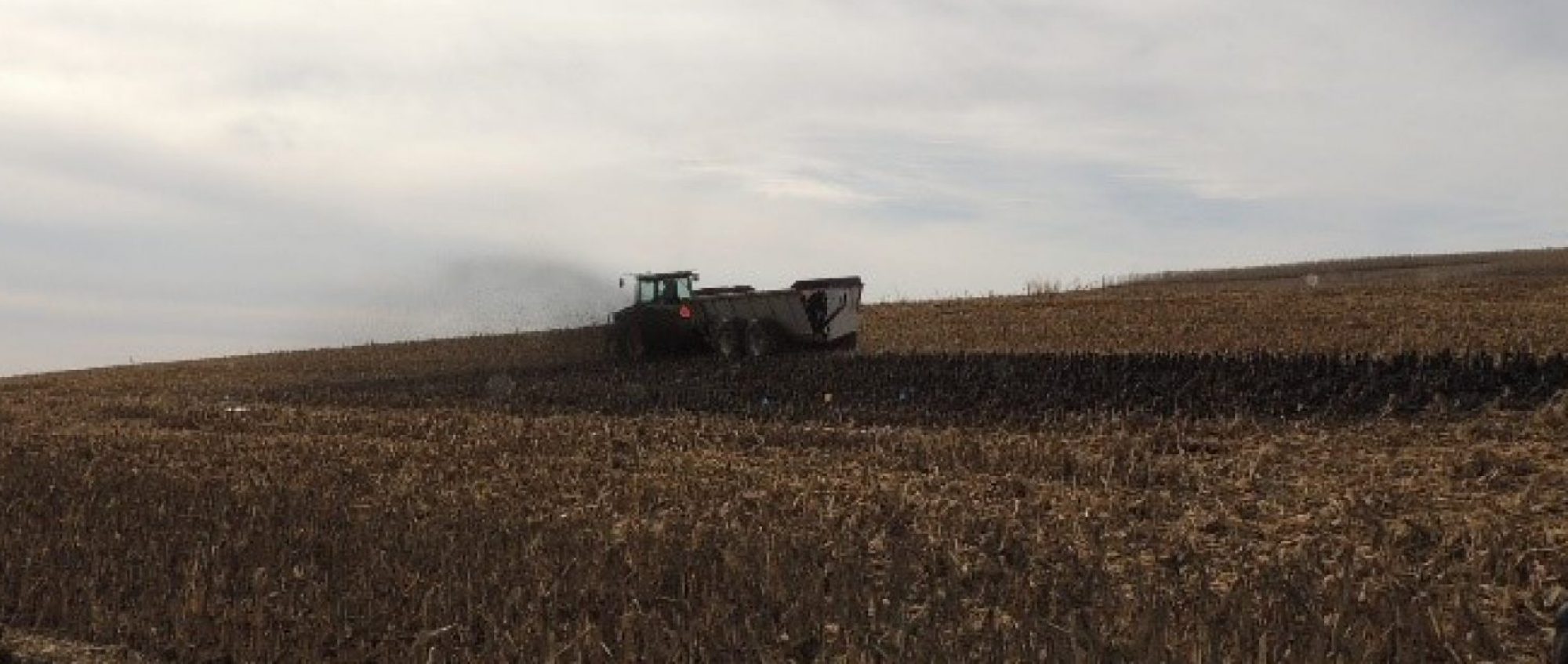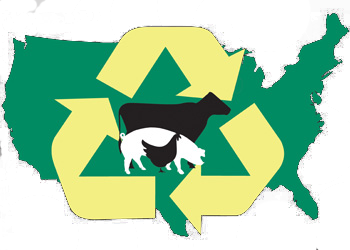Most farmers and ranchers are acutely aware of weather and how it factors into their risk management planing. Climatologists have indicated that the trend toward more extreme events and greater extremes is going to continue. This has many implications for animal agriculture producers. The farmers featured in this Waste to Worth panel all provided their perspectives on adapting to extreme events through diversity, building resilience, and keeping an eye toward long-term profitability.
Diversity, Resilience and Manure Management with Cover Crops
A former ag teacher, Keith Berns understands that you need to be open to multiple ways of achieving a goal. His desire to build resilience into his farm system led to a business selling cover crop seeds that emphasize diversity. He outlines several scenarios where he uses cover crops on his farm and also several ways his seed customers utilize diverse cover crop and annual forage mixes. High stocking densities naturally incorporate manure, and residue helps conserve and hold valuable moisture during/after extreme rainfall events. [Nebraska/Kansas]
Perspectives On a Changing Climate
Dr. Sandra Matheson, DVM (retired) raises grass-fed beef cattle on her northwestern ranch. Weather extremes have created more dust, mud, and she has seen an increase in disease and health issues with cattle. She utilizes the decision-making process, holistic management, and planned grazing to create a system with the greatest amount of adaptability and resilience for her environment and its potential extremes. Her goals converge around building the soil. [Washington]
Grazing Dairy Finds Plants that Work in Low Water Environments
Michael DeSmet watched his cows when they entered a new paddock and noticed something surprising – they liked weeds. Upon further investigation, he found out that the weeds they were selecting were high-protein, palatable, and could survive on very small amounts of precipitation. Michael was no stranger to making changes; he had already converted the family dairy operation into a grazing-based system selling milk into niche markets. He continues to examine forage options for his pastures that allow the farm to utilize limited water, extend the grazing season, and improve soil quality. [New Mexico]
The authors are solely responsible for the content of these proceedings. The technical information does not necessarily reflect the official position of the sponsoring agencies or institutions represented by planning committee members, and inclusion and distribution herein does not constitute an endorsement of views expressed by the same. Printed materials included herein are not refereed publications. Citations should appear as follows. EXAMPLE: Authors. 2015. Title of presentation. Waste to Worth: Spreading Science and Solutions. Seattle, WA. March 31-April 3, 2015. URL of this page. Accessed on: today’s date.


